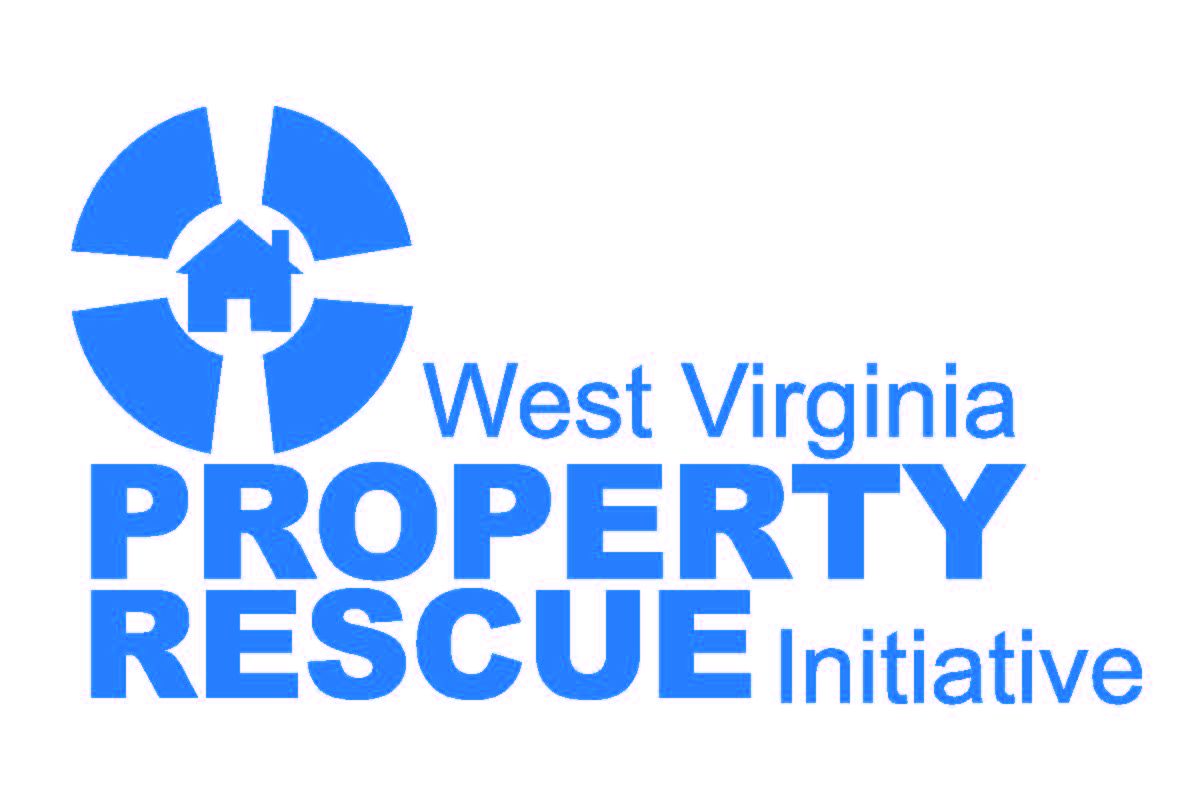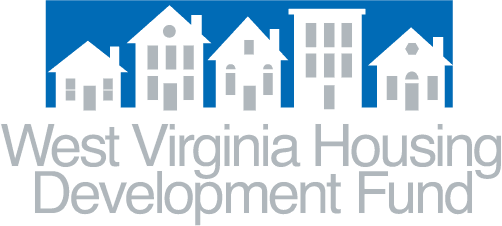
$1 million available to take down blighted, dangerous structures
For more information, contact Erica Boggess 304 – 391 – 8637
When the Fayette County Beautification Committee demolishes a dilapidated, abandoned structure, those living near the site often tell them of others in the area that should meet the same fate.
“Every time one goes down, we hear about one or two more that need to go,” said Angela Gerald, project director for the committee. “It really does look 100 percent better.”
The committee has been using one of the West Virginia Housing Development Fund’s signature programs for the last few years. To date, Gerald said her committee has razed 10 structures. Thanks to a bill passed during the 2015 Session of the West Virginia Legislature and signed into law by Governor Earl Ray Tomblin, the program is evolving.
The West Virginia Property Rescue Initiative, formerly known as the Demolition Program, mandates that the Fund allocate an additional $1 million per fiscal year over the next five years for a revolving loan program available to counties and municipalities that want to rid their communities of blighted, dangerous properties.
“Ensuring that our communities have safe, attractive structures is a critical part of economic development and job creation,” Tomblin said. “We appreciate the efforts of the West Virginia Housing Development Fund to assist our cities and towns with those efforts.”
The program provides cities and counties with resources to acquire and/or remove dilapidated properties from their communities. To be eligible, cities and counties must have the authority to acquire and/or demolish the property, and the structures to be razed must constitute a health and safety hazard. Assistance is provided in the form of a loan repayable over a maximum term of seven years.
Gathering input from a number of sources, including the West Virginia Community Development Hub – a nonprofit group dedicated to community enhancement and revitalization – the Fund worked with a bipartisan group of legislators to develop the legislation.
Del. Nancy Peoples Guthrie, D – Kanawha, was the bill’s lead sponsor.
“Outside of drugs and crime, what I hear from my constituents about most often is abandoned, dilapidated property,” Guthrie said. “With this program we can do so much to improve our communities and put this property to the best use. “
Erica Boggess, the Fund’s Acting Executive Director, noted the input from these groups was vital in making the program more accessible.
“We are excited about expanding this program and we know it will have a positive, lasting impact on these communities,” Boggess said.
Key points about the program include:
· The maximum loan amount for any one entity is $250,000 per fiscal year.
· Loans may be made for periods of up to seven years.
· Payments will be due over the life of the loan.
· Payments may be deferred over the first two years of the loan.
· No interest accrues during the first two years of the loan.
When appropriate, the Fund will provide technical assistance, training and consulting services to counties and municipalities regarding the identification, purchase, removal and rehabilitation of properties.
Guthrie noted that outside of a few cities and towns, most local governments do not have the resources to do what it takes to raze these blighted, dilapidated structures.
“The Fund offering technical assistance could be a real game changer for many of these communities,” she said.
Gerald said when her office is alerted to a problem structure, they send out inspectors to look over the property. They then take their findings to the County Commission, who has the final say on what happens to the building.
She noted they often work with the property owner and have received no complaints about the county’s role in the process.
“We’ve had nothing but positive feedback,” Gerald said.
The legislation was also sponsored by delegates Andrew Byrd, D – Kanawha, John McCuskey, R – Kanawha, Mike Pushkin, D – Kanawha, Larry Rowe, D – Kanawha, Chris Stansbury, R – Kanawha, Ron Walters, R – Kanawha, and Brad White, R – Kanawha. It became law on June, 14.

